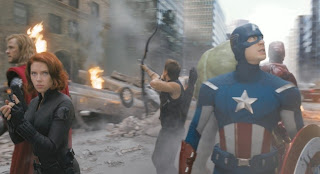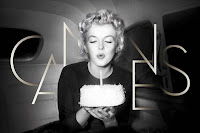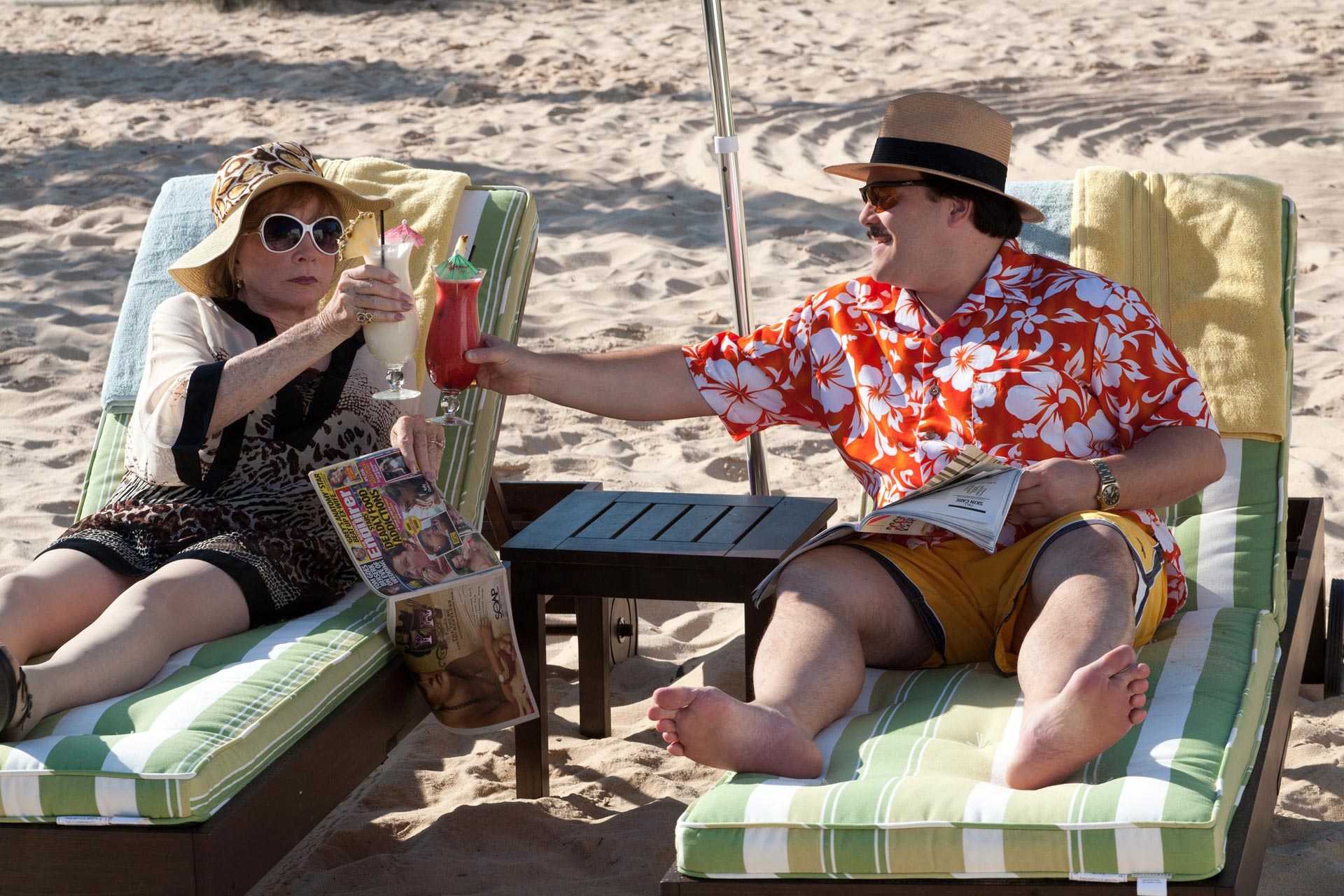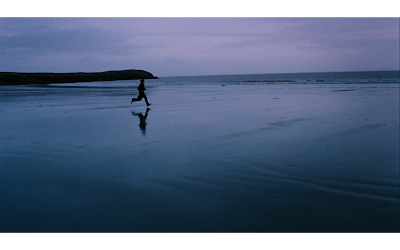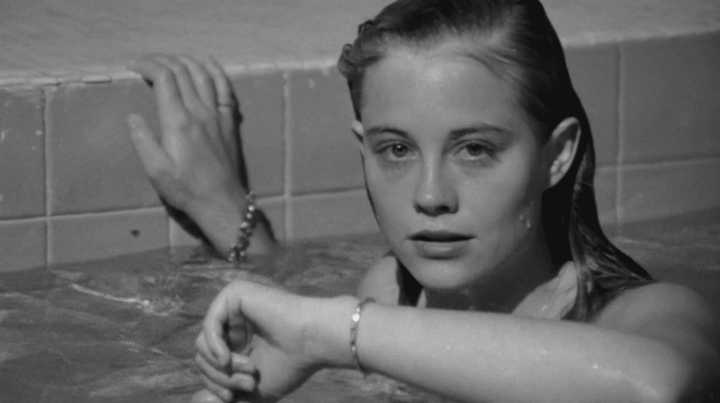At one point, Nick Fury (Samuel L. Jackson) describes what is basically the film’s premise, in which a bunch of superheroes are put into a room in order to see what happens. What he just described could also be a pitch for a new MTV reality show called “Real World: Superheroes.”
At its worst, “The Avengers” is cheesy and derivative. At its best, it is fresh, funny, and exhilarating. There was never one moment in which I wasn’t in some form of awe at what was occurring on screen.
Before this review goes any further, I will admit that I am only a half-committed comic book fan. I read “X-Men” and “Spider-Man” comics pretty passionately when I was younger. I relish the new “Batman” movies as well as the first “Iron Man.” Yet, I never saw the “Hulk” reboot, “Captain America,” or “Thor.” I lost some faith in movies based on comic books after seeing “Iron Man 2″ and witnessing the “Spider-Man” movies go under. I will be as accurate as I can be in this review. “The Avengers” doesn’t necessarily make me want a slew of new comic book movies in the future, but it is certainly a worthy addition to the multimedia-spanning genre.
“The Avengers” will leave those who missed the last few big comic book adaptations scratching their heads. “The Avengers” allows us to catch up on bigger details, but it expects the audience to come in already knowing about the character and the worlds they inhabit. The truly amazing thing about Marvel Comics is the way that characters from separate stories can inhabit the same world. Over the years, each movie has built up to a sort of common universe usually only seen in Quentin Tarantino movies. However, each new entry into the universe should be able to be enjoyed even through a fresh pair of eyes.

“The Avengers” are the superhero dream team, “The Westminster Dog Show” of superheroes, as Roger Ebert described it. With Earth under threat, Nick Fury (Samuel L. Jackson) calls seven of the most qualified superheroes alive. There’s Natasha Romanoff a.k.a. The Black Widow (Scarlett Johansson), who shares her namesake’s stealth and deadliness. However, her greatest skill is the ability to get information out of someone without actually interrogating them. Captain America (Chris Evans, or the secret scene stealer of “Scott Pilgrim vs. the World”) somehow ended up in the future and is now adjusting to life in the present. Thor (Chris Hemsworth) came down from whatever planet he’s from. Hawkeye (Jeremy Renner), well, I don’t really know much about him. he’s a skilled archer.
But there are two superheroes who’s backstories I actually know about. Tony Stark a.ka. Iron Man (Robert Downey Jr.) moved bases to New York City with the innovative Stark Tower. He’s still as cheeky and pompous as ever, with most of his dialogue consisting of “okay, [insert character from pop culture that looks like Thor, Hulk, etc.]!” It gets a little annoying after a while. And then there’s Bruce Banner a.k.a. The Hulk (Mark Ruffalo). Banner has been traveling the world for some time, trying to find ways to keep his rage from getting the best of him. Hollywood finally solved its Hulk problem with Ruffalo. This is the most entertaining and personable Hulk yet. That’s probably because a Hulk who smashes things is more entertaining than an existential and moody Hulk.
Through a series of clunky lines that are supposed to come off as cool, we learn that Loki (Tom Hiddleston) wants to take over the world. He wants to teach humans a lesson [Editor's Note: That's why you always leave a note] that freedom is an illusion and Loki is a boot and humans are ants. Until Nick Fury points out that Loki is actually the ant and The Avengers are the boot. See what they did there? Just about every other character will somehow repeat that line throughout the movie.
In order to defend the world from Loki and the mysterious energy he is using against Earth, Fury and Phil Coulson (Clark Gregg) assemble a team of heroes whose abilities can help end this mess. It never feels like The Avengers are just thrown in together. Each member (with the exception for Hawkeye, the least developed of them) feels like they are there for a reason. On the scale of “The Magnificent Seven” to “Some Terrible Standard Blockbuster,” the assembling of the team sequence ranks out about a 6.
 |
| Let’s Go to the Mall! |


